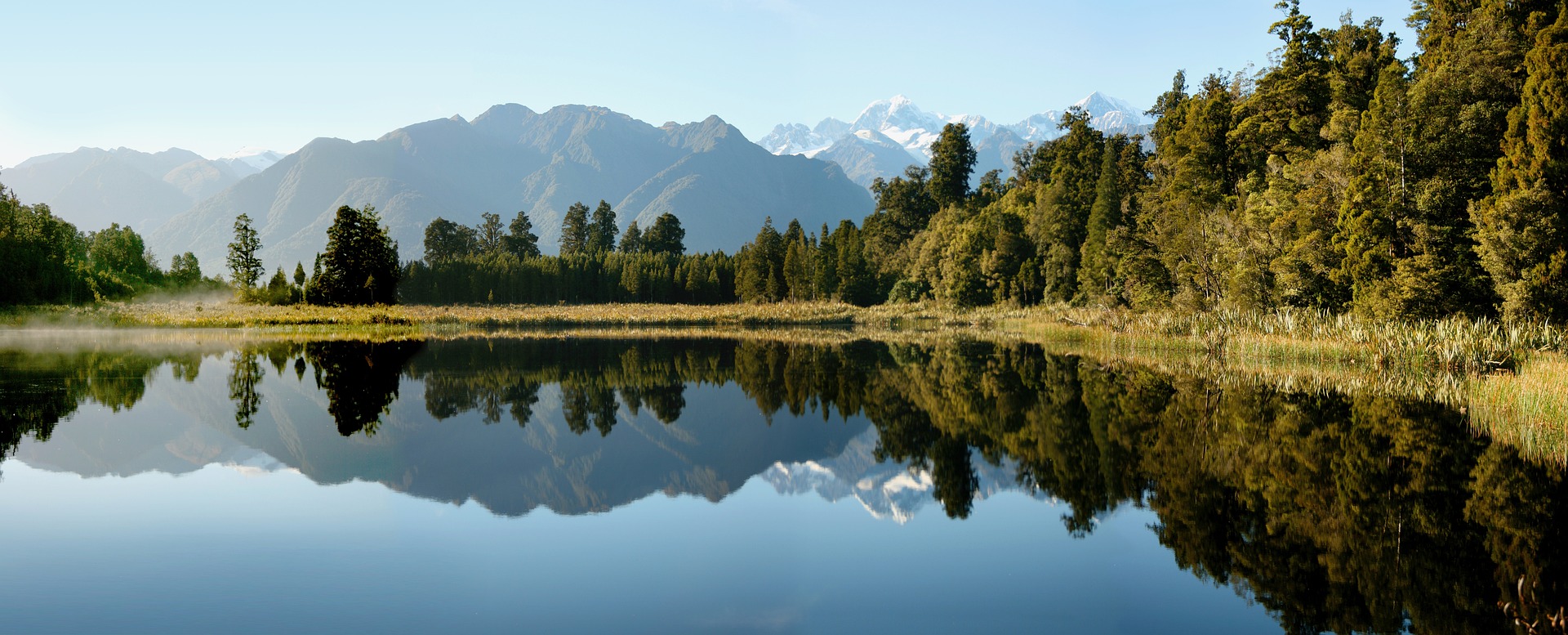
 Image from pixabay
Image from pixabay
Nau mai, haere mai, welcome; this guide is an introduction to finding information about Whenua Māori and its history for Surveying students
Use this online cultural map of the Ngāi Tahu rohe to discover traditional place names and their histories: https://www.kahurumanu.co.nz/atlas
Popup panels provide information on selected areas and include reference lists of sources used.
Search Māori land details via block, owner, or location. Includes mainly customary and freehold land, but also mahingā kai and other areas. You can search Māori Land Online here.
 Hauraki Contested, 1769–1875 by
Hauraki Contested, 1769–1875 by Also known as the library catalogue. Searches the library’s owned collections (both online and physical) as well as a large number of subscription databases. A really good starting point in your research and one of the few places you can use Ngā Upoko Tukutuku / Māori Subject Headings (see below).
Ngā Upoko Tukutuku | Māori Subject Headings
Use these in Library Search | Ketu for finding sources on Te Ao Māori topics, such as Ture Whenua, Ahi Kā, Whenua Tautohotohe, Whenua Raupatu, Mana Whenua and so on. To browse the full list of headings (over 2000), visit the National Library’s page on Ngā Upoko Tukutuku. For more information on what Ngā Upoko Tukutuku are and how to use them in Library Search | Ketu see our library guide.
An online repository of the WAI reports, such as the WAI-27 for Ngāi Tahu. WAI reports contain a lot of historical information from research and oral accounts. You can search for the full reports and related documents by WAI number or use the map to find reports available by area. There are also bibliographies available to browse by author and region etc.
Note: most documents are available online. Those that are not may be restricted and may incur a fee if requested. Email requests to WT_Requests@justice.govt.nz
 Image from Archives NZ https://www.flickr.com/photos/archivesnz/10429925655
Image from Archives NZ https://www.flickr.com/photos/archivesnz/10429925655
These minute books contain judges' notes from court sittings of the Native and Māori Land Court and are a valuable source of land information.
Microfilm copies of these up to 1975 are held at the Hocken. There are physical indexes to these minute books that give sitting dates and locations as well as judge’s names. You will need to visit the Hocken in person to use the microfilm and the accompanying indexes. Staff are available to help you get started.
The University of Auckland has provided an online index to the MLCMB that goes up to 1910, as well as a tip sheet for searching the index. N.B. the reel numbers in the online index are different to the reel numbers at the Hocken - there is a finding aid available at the Hocken to help, or you can ask staff.
Use your student login to access nearly 100 ebooks on New Zealand history. Keyword search and browse options. This collection is also available to search via the library catalogue, Library Search | Ketu.
See selected e-books from this collection featured along the left side of this guide.
Try the recommended Databases on the below subject guides:
Law databases (try WestLaw for Waitangi settlement acts)
An open online resource where you can explore Māori placenames, land blocks and districts, or search for hapū, marae, iwi, and more: https://maorimaps.com/
Archives New Zealand has a useful guide to locating Whenua and Māori Land records in their collection.
https://www.archives.govt.nz/research-guidance/research-guides/maori/whenua-and-maori-land
A collection of over 40 topic-based guides that provide a starting point for research at the Hocken Collections such as: Kā Taoka Māori, Kāi Tahu Sources, Maps and Plans and Law etc. For any enquiries about Hocken material you can either visit in person during opening hours of Tuesday to Saturday, 10am to 3pm, or email hocken@otago.ac.nz.
A National Library of New Zealand database that indexes NZ newspaper, magazine articles and journal articles. Good for recent historical information, such as Takaparawhau / Bastion Point, Seabed and Foreshore etc. Note: not all results are full-text, so use Library Search | Ketu to find the source title or ask your subject librarian for help.
You can find a lot of Māori Whenua information on iwi websites. Christchurch City Libraries has a guide: Iwi-Tribal Websites with a list and links to many iwi websites.
Tangata whenua place names of Aotearoa New Zealand pre European settlement (maps)
From Land Information New Zealand| Toitū Te Whenua